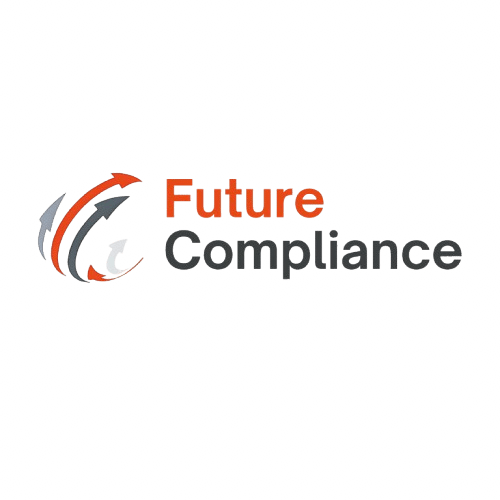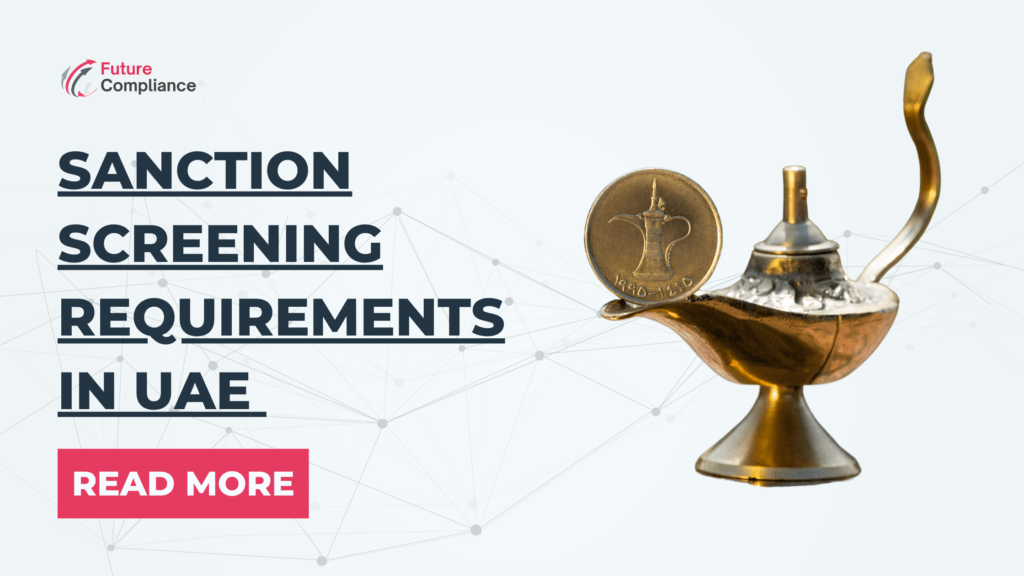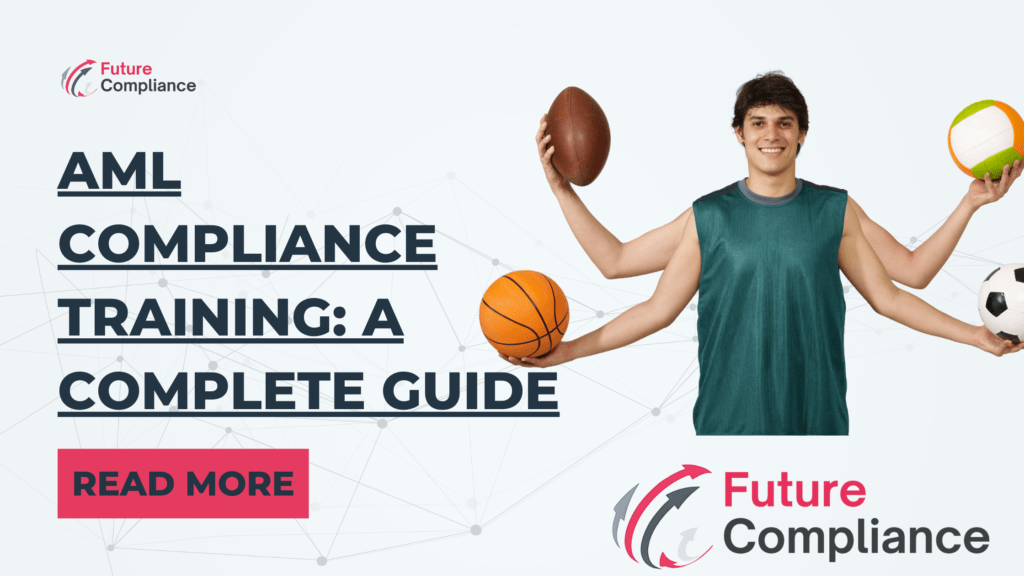1. Verifying Charitable Organizations
Before donating or processing payments, financial institutions and individuals should:
Check official charity registries to confirm legitimacy.
Ensure the charity provides clear records of fund distribution.
Monitor charities flagged for potential financial crimes.
Governments and regulatory bodies often publish lists of blacklisted charities involved in money laundering or terrorism financing.
2. Monitoring Large & Anonymous Donations
Unverified, high-value donations can be a red flag for financial crime. Financial institutions should:
Track large, unexpected donations for unusual patterns.
Require identity verification for high-value contributions.
Flag charities that receive multiple anonymous donations in a short period.
AI-driven fraud detection systems help identify suspicious donation patterns in real time.
Implementing Strong Transaction Monitoring
During Ramadan, the volume of financial transactions increases. Banks, fintech firms, and payment processors must:
Use AI-powered AML software to detect unusual donation spikes.
Set alerts for frequent cross-border donations with no clear source.
Conduct Enhanced Due Diligence (EDD) for high-risk accounts.🔗 Need AML compliance solutions? Visit FTI Audit.
4. Strengthening KYC & Donor Due Diligence
Know Your Customer (KYC) and Customer Due Diligence (CDD) procedures help prevent fraudulent activities. Organizations should:
Verify the identities of major donors.
Check the legitimacy of financial sources behind donations.
Implement Enhanced Due Diligence (EDD) for international donors.
Financial institutions must report suspicious transactions to regulators through Suspicious Activity Reports (SARs).
5. Screening Charities & Donors Against Sanctions Lists
Governments and regulatory bodies maintain lists of organizations linked to financial crimes. Financial institutions must:
Screen charities and donors against international watchlists.
Block transactions linked to high-risk entities.
Use automated compliance software to prevent money laundering.
Non-compliance with AML regulations can result in severe legal penalties and reputational damage.
6. Raising Awareness on Charity Fraud Prevention
Governments, financial institutions, and NGOs should educate donors about how to give safely during Ramadan. Awareness campaigns can:
Inform people about fake charities and financial fraud risks.
Teach donors how to verify charities before contributing.
Promote the use of secure payment channels for Zakat donations.
Public awareness plays a crucial role in preventing fraud and ensuring funds reach those in need.
The Role of Technology in AML Compliance for Charitable Transactions
AI and blockchain technology help financial institutions detect fraudulent donations. These tools:
Track the movement of charitable funds in real time.
Identify suspicious patterns in donation transactions.
Prevent illicit funds from being transferred across multiple accounts.
By integrating AI-driven AML solutions, financial institutions can enhance fraud detection and compliance.
Reporting Suspicious Charity Transactions
If financial institutions or donors detect suspicious activities, they should:
File Suspicious Activity Reports (SARs) to regulatory authorities.
Block donations from blacklisted organizations or individuals.
Cooperate with law enforcement agencies to prevent fraud.
AML compliance ensures legitimate charities receive funds and financial crime is prevented.
Conclusion
During Ramadan, financial crime risks increase due to high-volume Zakat and charity donations. Financial institutions, donors, and charities must implement strict AML compliance measures.
By verifying charities, monitoring transactions, and using AI-based fraud detection, organizations can protect donations from being misused. Ensuring compliance not only prevents money laundering but also upholds the integrity of charitable giving.
Stay compliant with AML regulations. Visit FTI Audit for expert guidance.




